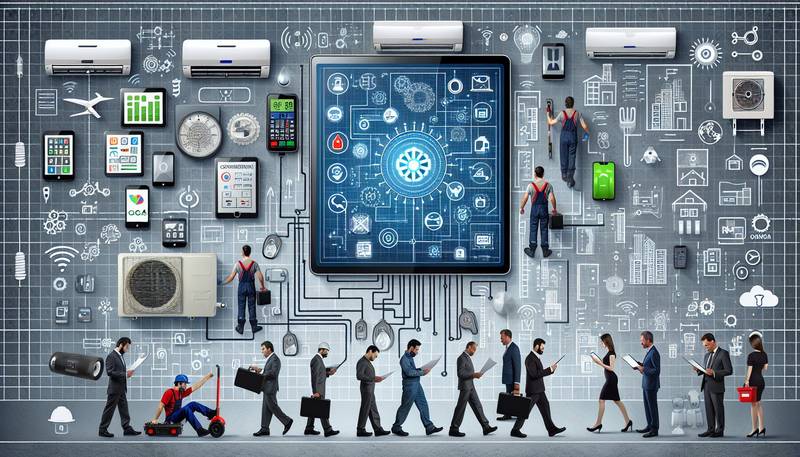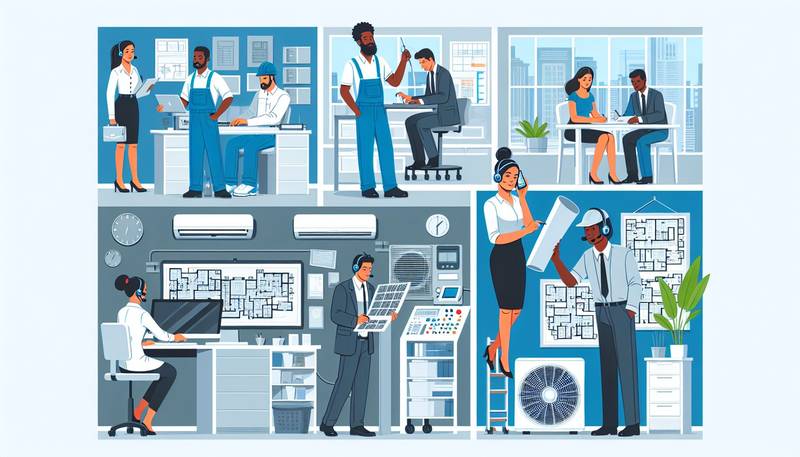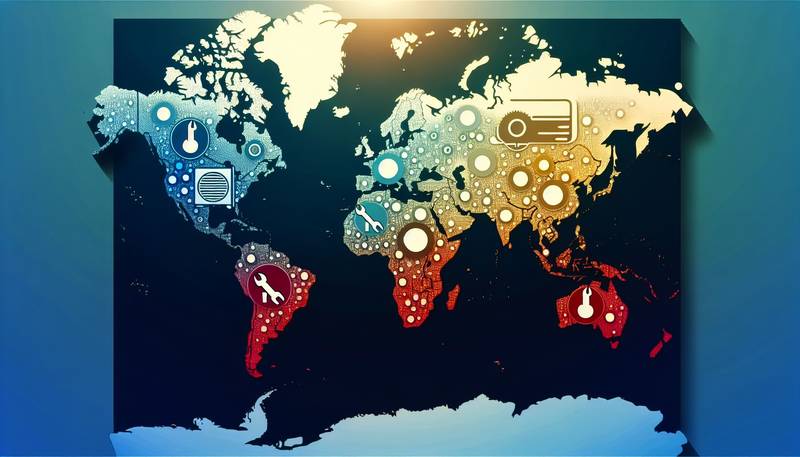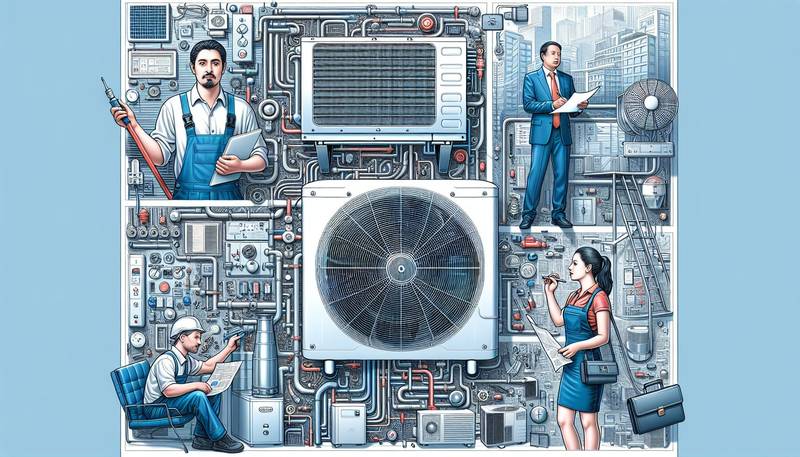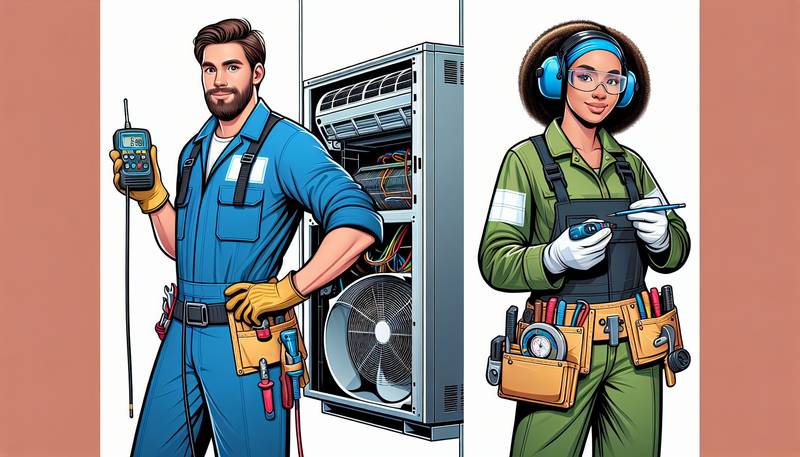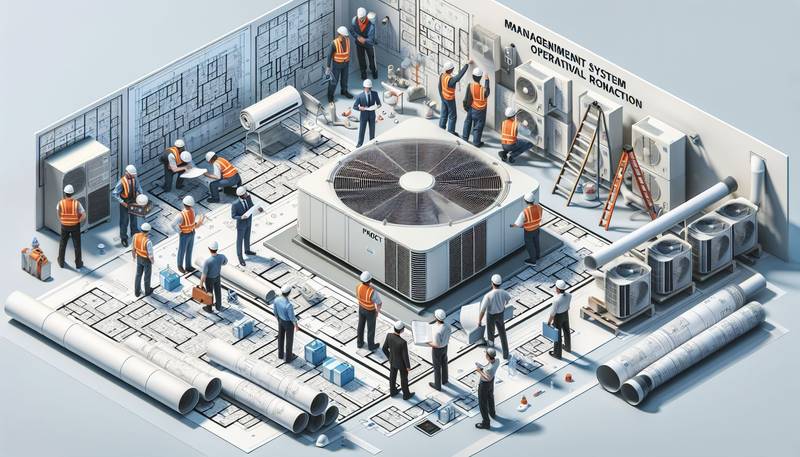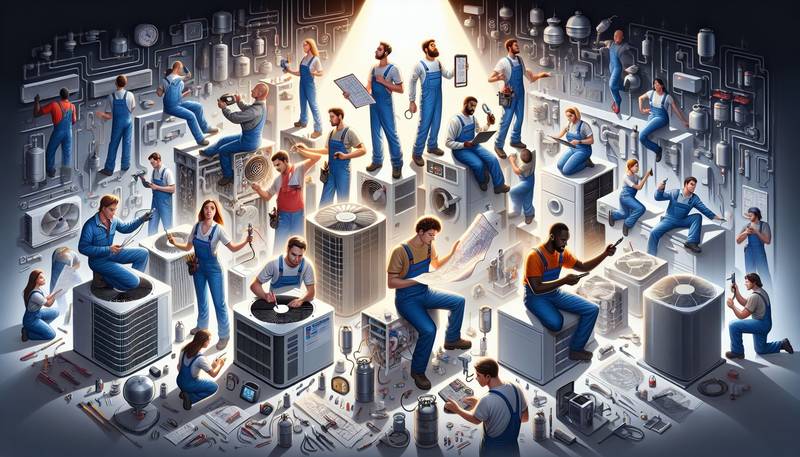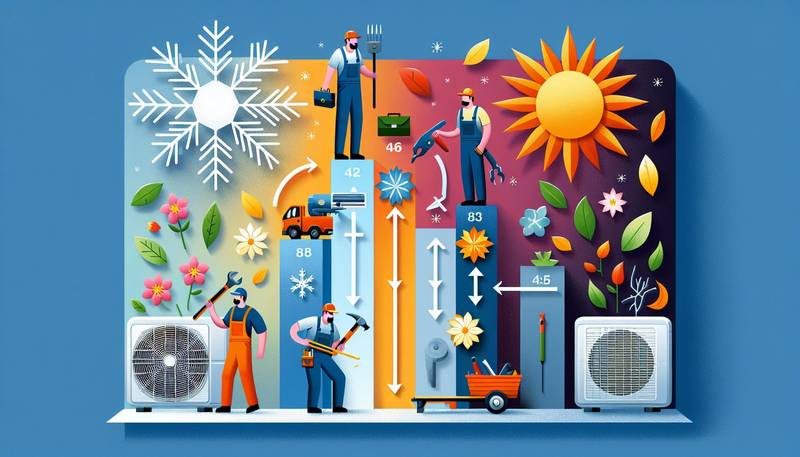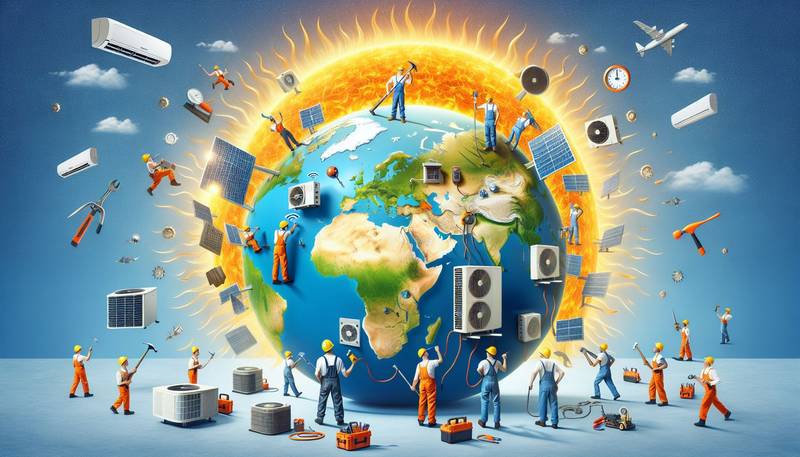The Role of Technology in Shaping Air Condition Jobs
With advancements in technology, the air conditioning industry has seen significant changes in the way professionals carry out their jobs. The integration of innovative technologies has not only improved the efficiency and effectiveness of air conditioning systems but has also transformed the roles and responsibilities of air condition jobs.
Evolution of Air Conditioning Technology
Over the years, air conditioning technology has evolved significantly, from simple fan-driven systems to sophisticated HVAC (Heating, Ventilation, and Air Conditioning) systems. The development of smart thermostats, variable refrigerant flow systems, and energy-efficient cooling options has revolutionized the way air conditioning systems operate. These advancements have not only made air conditioning systems more energy-efficient but have also enhanced their performance and reliability.
Impact on Air Condition Jobs
The evolution of air conditioning technology has had a profound impact on the roles and responsibilities of professionals in the industry. With the integration of smart technology and automation, air condition jobs now require a higher level of technical expertise and skills. Professionals are now expected to be proficient in troubleshooting complex systems, analyzing data, and programming advanced controls to optimize system performance.
Technological Tools and Software
The use of technological tools and software has become commonplace in the air conditioning industry. Professionals now rely on advanced software applications to simulate system performance, analyze data, and diagnose issues remotely. Tools such as energy modeling software, digital thermometers, and wireless refrigerant monitoring devices have revolutionized the way professionals interact with air conditioning systems, enabling them to improve efficiency and reduce operational costs.
Remote Monitoring and Control
One of the most significant advancements in air conditioning technology is the ability to monitor and control systems remotely. Professionals can now access real-time data from air conditioning systems, analyze performance metrics, and make adjustments to optimize efficiency. Remote monitoring systems allow for proactive maintenance, timely troubleshooting, and quick response to emergencies, ensuring uninterrupted operation of air conditioning systems.
Energy Efficiency and Sustainability
With growing concerns about climate change and energy consumption, there is an increasing emphasis on energy efficiency and sustainability in the air conditioning industry. Technological advancements such as variable refrigerant flow systems, smart thermostats, and energy management software have enabled professionals to design and operate air conditioning systems that minimize energy consumption and reduce carbon footprint. Professionals are now required to have a thorough understanding of energy-efficient practices and sustainable design principles to meet regulatory requirements and customer demands.
Training and Education
As air conditioning technology continues to evolve, the importance of training and education for professionals in the industry cannot be overstated. Professionals need to stay updated on the latest advancements in technology, regulations, and best practices to ensure they can effectively perform their roles. Training programs, certification courses, and on-the-job learning opportunities are essential for professionals to enhance their skills and stay competitive in the rapidly changing air conditioning industry.
Conclusion
Technology has played a significant role in shaping air condition jobs, transforming the industry and the way professionals interact with air conditioning systems. The evolution of air conditioning technology has not only improved system efficiency and performance but has also elevated the skills and expertise required of professionals in the industry. As technology continues to advance, professionals must adapt, upskill, and embrace innovation to meet the increasing demands of a rapidly evolving industry.
